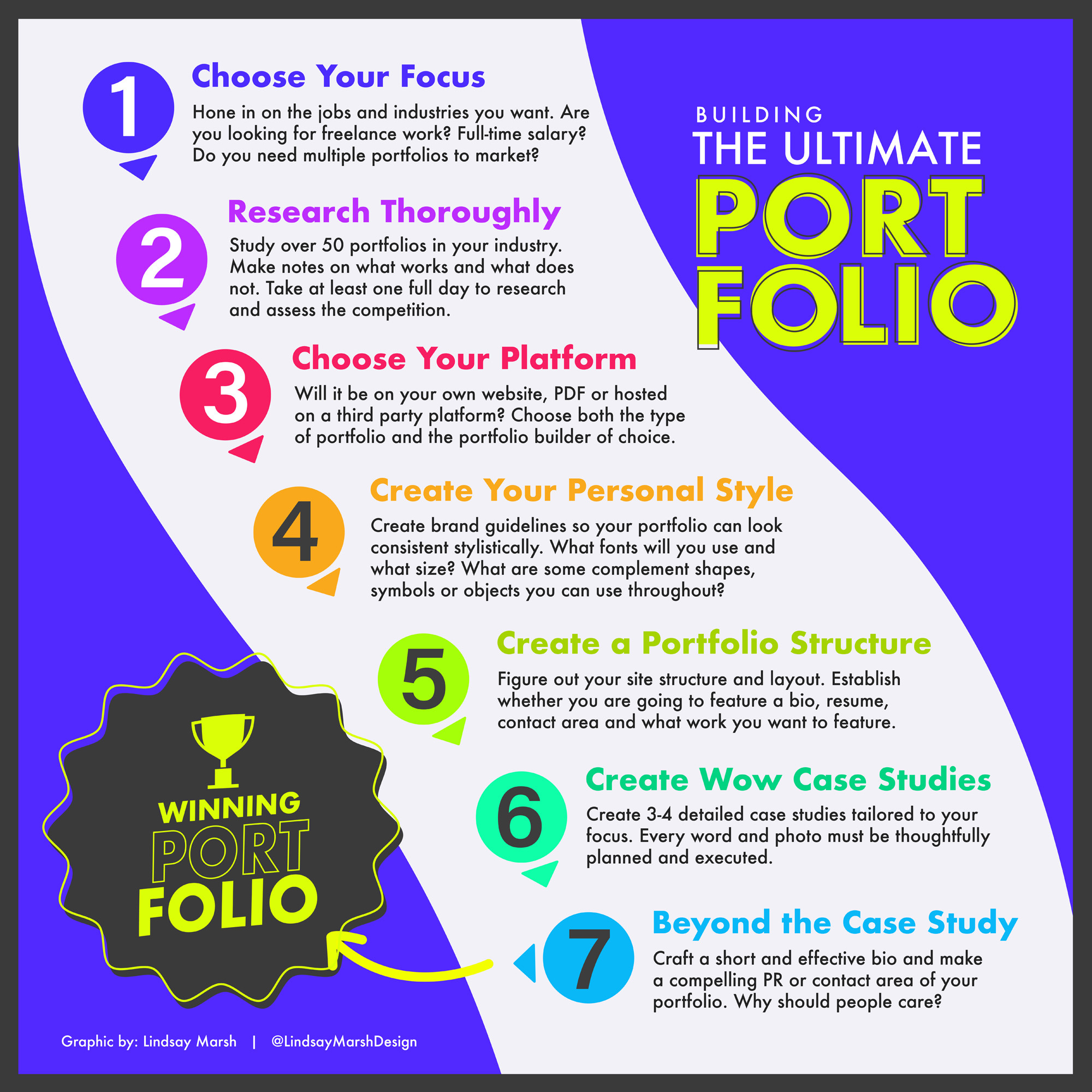Have you ever wondered how a simplecollection of your work can significantly enhance your job search? In today’scompetitive job market, understanding what a portfolio is andhow it can assist in your portfolio job search is crucial. Awell-crafted portfolio not only showcases your skills but also tells yourunique story to potential employers. This blog will explore the importance ofportfolios and provide practical tips on how to create one that stands out.
What is a Portfolio?
A portfolio is a curated collection ofwork samples that demonstrates your skills, experiences, and accomplishments.It serves as tangible evidence of your abilities, allowing you to present yourqualifications beyond what a traditional resume can convey. Portfolios can takevarious forms, including:
- Physical portfolios: These are tangible collections of documents, images, and other materials.
- Digital portfolios: Often housed on personal websites or platforms like LinkedIn, these allow for multimedia presentations of your work.
Both types can be effective inshowcasing your talents, depending on your industry and personal preference.
Why is a Portfolio Important for Your Job Search?
Creating a portfolio is essential forseveral reasons:
- Visual Impact: Portfolios allow you to include visuals such as images, videos, and graphics, which can capture the attention of hiring managers more effectively than text alone. This is particularly important in creative fields like design, marketing, and media.
- Demonstrating Skills: A portfolio enables you to show rather than just tell potential employers about your skills. By including work samples, you provide concrete evidence of your capabilities.
- Saving Time for Employers: Hiring managers often sift through numerous applications. A well-organized portfolio can save them time by providing a quick overview of your qualifications and achievements.
- Personal Reflection: As you compile your portfolio, you may gain insights into your career goals and motivations. This self-assessment can be beneficial during interviews, where you can articulate your aspirations clearly.

Source: lindsaymarsh.substack.com
How to Create an Effective Portfolio
Creating an effective portfolioinvolves several key steps:
- Gather Your Work Samples: Start by collecting examples of your best work. This might include reports, designs, presentations, or any projects that highlight your skills. Aim for a variety of samples that showcase different aspects of your expertise.
- Organize Your Portfolio: Structure your portfolio logically. You might categorize your work by project type, skill, or industry. Ensure that it flows well and is easy to navigate.
- Include Relevant Documentation: Alongside work samples, consider adding other relevant documents, such as:
- Your resume or CV
- Diplomas and certifications
- Reference letters or testimonials
- Awards or recognitions
- Choose the Right Format: Decide whether a physical or digital portfolio is more appropriate for your field. For many, an online portfolio is advantageous because it can be easily shared and updated.
- Keep It Updated: Regularly review and update your portfolio to reflect your most recent work and accomplishments. This ensures that you are always ready for unexpected job opportunities.
Tips for Optimizing Your Portfolio for Job Searches
To maximize the effectiveness of yourportfolio in a job search, consider the following tips:
- Tailor Your Portfolio: Customize your portfolio for each job application. Highlight the skills and experiences that align with the specific role you are applying for.
- Use SEO Techniques: If you have an online portfolio, optimize it for search engines. Use relevant keywords related to your industry and skills to improve visibility.
- Include a Personal Statement: A brief introduction or personal statement can help convey your professional philosophy and career goals, making your portfolio more relatable.
- Leverage Social Media: Share your portfolio on professional social media platforms. This can enhance your visibility and attract potential employers.
Common Mistakes to Avoid
When creating your portfolio, bemindful of these common pitfalls:
- Overloading with Information: While it’s important to showcase your skills, avoid overwhelming potential employers with too much information. Keep it concise and focused.
- Neglecting Design: A cluttered or poorly designed portfolio can detract from your work. Ensure that your portfolio is visually appealing and easy to navigate.
- Ignoring Feedback: Seek feedback from peers or mentors. They can provide valuable insights into how your portfolio can be improved.
Conclusion
In conclusion, understanding whata portfolio is and how it can enhance your portfolio jobsearch is vital in today’s job market. A well-structured portfolio notonly showcases your skills but also tells your unique story, helping you standout to potential employers. By following the steps outlined in this blog, youcan create a compelling portfolio that significantly boosts your job searchefforts. Remember, a portfolio is not just a collection of work, it’s apowerful tool that can open doors to new opportunities.










.webp)

















